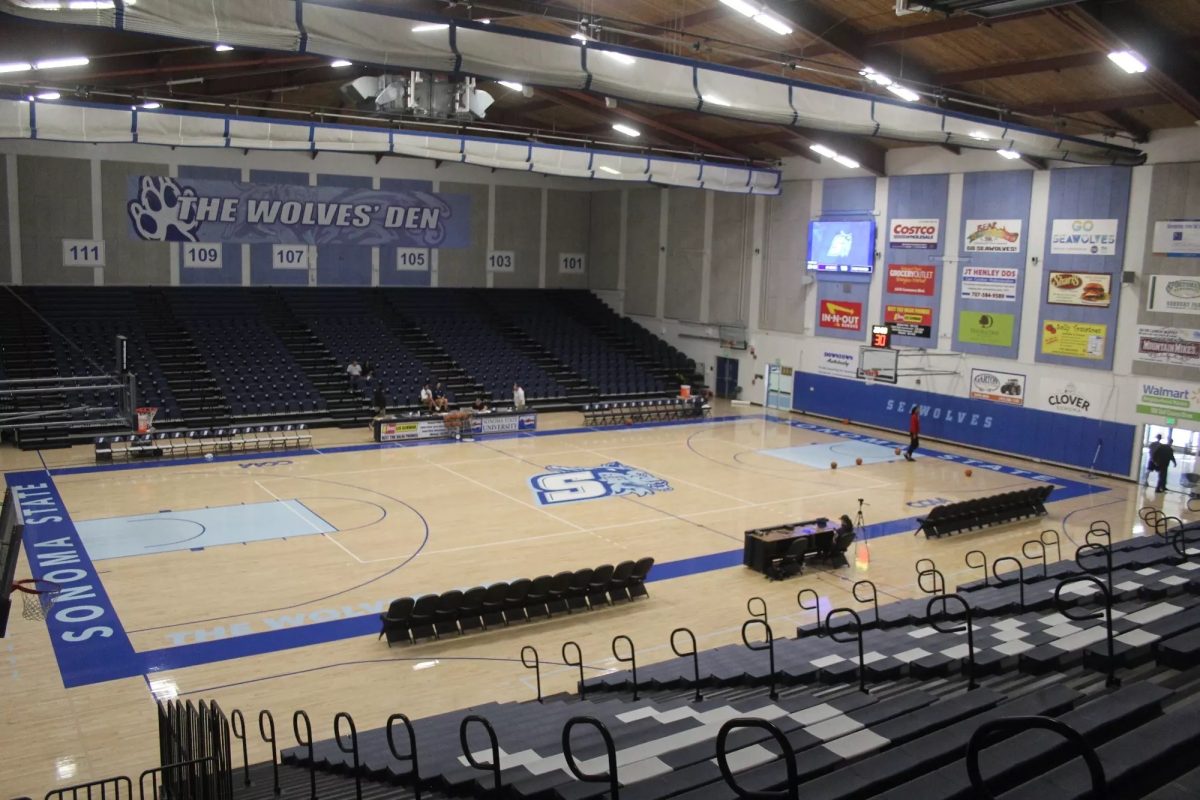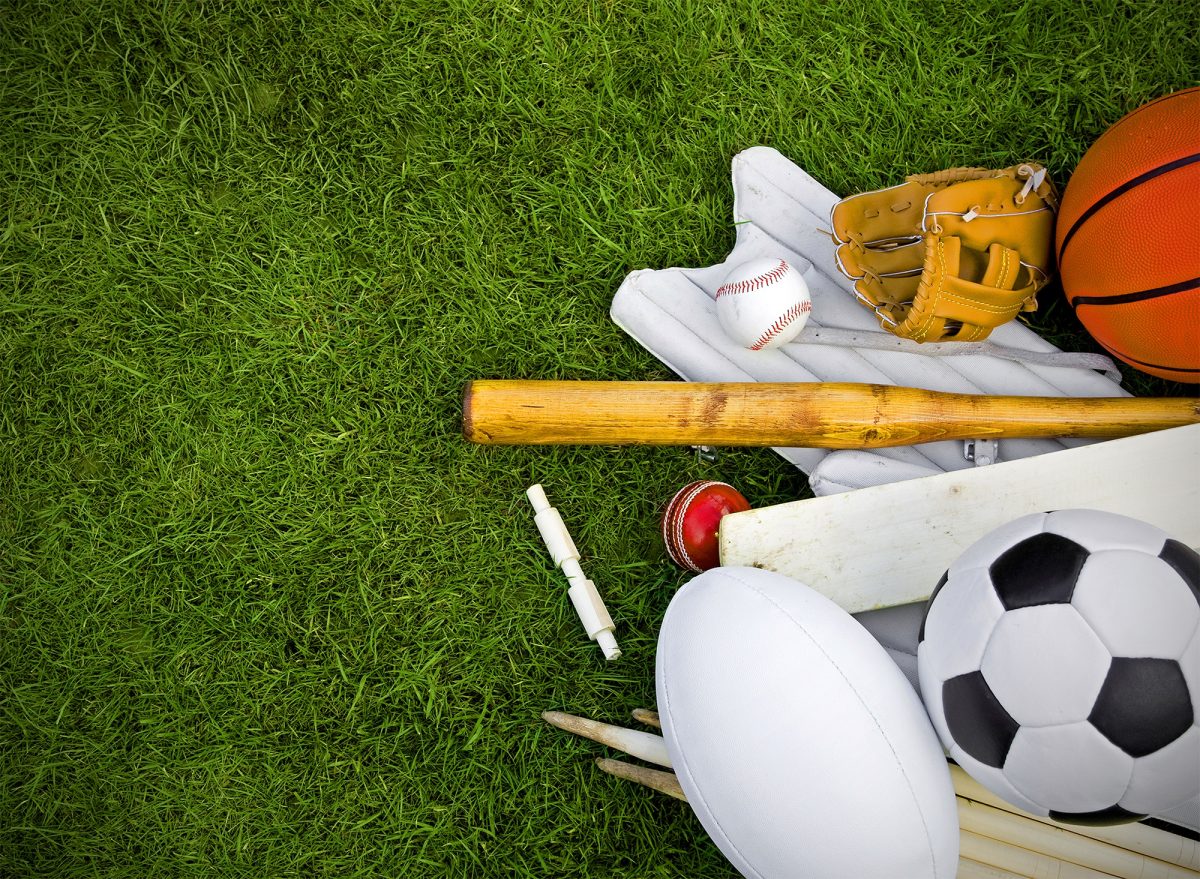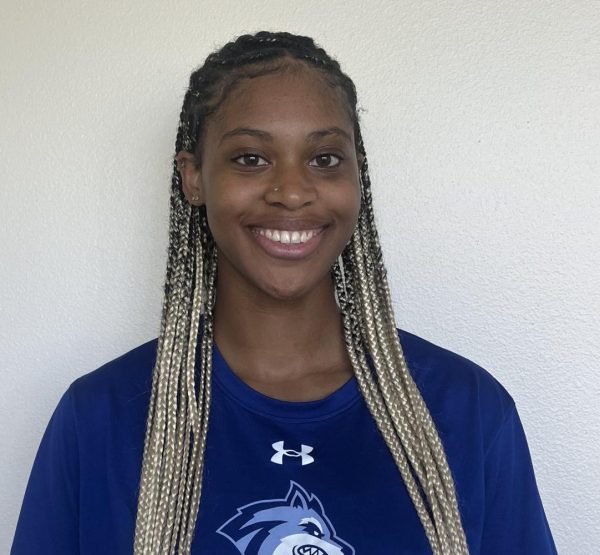Being a collegiate athlete comes with its perks—scholarship opportunities, everlasting friendships and memories with teammates, high-level competition, new travel experiences, and more. And with all the ups, throughout the four seasons of competition, athletes inevitably go through their downs. Dealing with an injury is not easy—whether it’s a jammed finger or a season-ending ACL tear. Players deal with performance blocks, confidence waivers, nutrition issues and other struggles that outsiders don’t see.
Mental health is undeniably important, and sports mental health shines a light on the unique pressures and challenges athletes face in their pursuit of excellence in their sport. Here at Sonoma State, students have access to CAPS (Counseling and Psychological Services) – a service that supports student mental health and well-being. They offer individual and group counseling, workshops, crisis intervention services and more. According to the website, they address issues like suicidal thoughts, psychosis, grief from significant losses, trauma (including discrimination, physical or sexual assault, and domestic abuse) and crises related to housing or food insecurity.
CAPS’s work is invaluable; its team provides a safe and compassionate space for students to seek help during difficult times. However, the mental health challenges of student-athletes often require specific support that reflects the unique demands of sports. This is not a critique of CAPS—far from it—but an acknowledgment that student-athletes need access to mental health resources tailored to their experiences. Which brings me to my concern…
What services does Sonoma State University provide on campus to address the sports-related mental health challenges student-athletes face? Issues such as performance anxiety, burnout, eating disorders, nutrition support, substance abuse (including painkillers, performance enhancers, and recreational substances), injury-related stress, post-competition blues, and the pressure to perform.
As a fourth-year student-athlete, I only just learned (as I began writing this article) about Dr. Joe Puentes a licensed psychologist in Santa Rosa that athletics provides as a resource for athlete mental health. The problem is that it isn’t on campus and isn’t widely known or effectively publicized, leaving many student-athletes unaware of where to turn for support. And that needs to change. I left Dr. Joe’s office a voicemail to discuss his work with SSU athletics and how the university promotes his services, but failed to receive a call back.
I’m addressing this issue because, throughout my seven semesters as a student-athlete, I wish I had known about Dr. Joe’s services that are tailored to athletes. Additionally, I wish his services were talked about more. And I’m not alone in feeling this way. “I think it’s so important to focus on mental health because our sports really do become our lives,” said Sheriene Arikat, a senior on the Women’s Basketball team. “I love to learn new ways to take care of my mentals, as well as strategies to help with performance anxiety and burnout, so I think it would be super beneficial for there to be an actual resource at Sonoma for those things.”
As a student-athlete, I’ve faced my fair share of lows—struggling with confidence on the court, grappling with my identity outside of sports and battling through days where “I HAVE to be here” outweighs the joy of “I GET to be here”. It’s not easy. Fortunately, I’ve had a support system to lean on. My parents are always there to listen and provide a comforting shoulder to cry on. My teammates offer solidarity because they’re going through the same challenges, and graduate athletes—who’ve been in my shoes—share invaluable advice from their experiences. And our trainers, Josh Doody and Carica Macariola do so much more than just care for our physical well-being; they’re incredible listeners.
But imagine if Sonoma State could take all those elements—understanding, relatability, and expertise—and combine them into one resource (ideally, more than one): sports psychologists readily available on campus. “I definitely would use those resources,” shared an anonymous athlete. “I already struggle with anxiety and pressure when it comes to competition. The athletic trainers are a safe environment for me, and somewhere I feel comfortable talking about what’s going on mentally and physically in my body. If there was a service available to us, I feel like many students would use it.”
Granted, all schools have their budgets and while Sonoma State is currently in a deficit, (according to the university’s budget deficit resource page), it doesn’t mean we should ignore this problem. At Cal State University San Marcos, there is a sports psychology department under their student health and counseling services. “We have a designated sports psychologist. He’s a good guy,” shared Camille Johnson, an SSU Women’s Basketball alum and current graduate athlete at CSUSM. “At the start of the year, he meets with all the athletes in a big meeting and emphasizes that he’s available to talk about anything—not just sports-related issues—which is really nice.”
At the end of the day, being a student-athlete is about more than just playing our game. It’s a role that challenges not only our physical endurance but also our mental well-being. Often, it’s not just external factors that affect our mental state—sometimes, the very sport we love can take a toll.
Sonoma State has an opportunity to better support its athletes by taking two key steps. First, the university needs to improve the visibility of Dr. Joe, the off-campus sports psychologist, ensuring that all teams are aware of this resource. Second, SSU should establish a dedicated sports psychology department on campus, making specialized mental health support readily accessible to all student-athletes.
As I prepare to graduate this December, I look forward to the day I can see these changes in place. Changes that support coaches who might not know how to help provide relief for athletic trainers who tend to our injuries and ultimately enhance the well-being and performance of Sonoma State’s athletes.






































